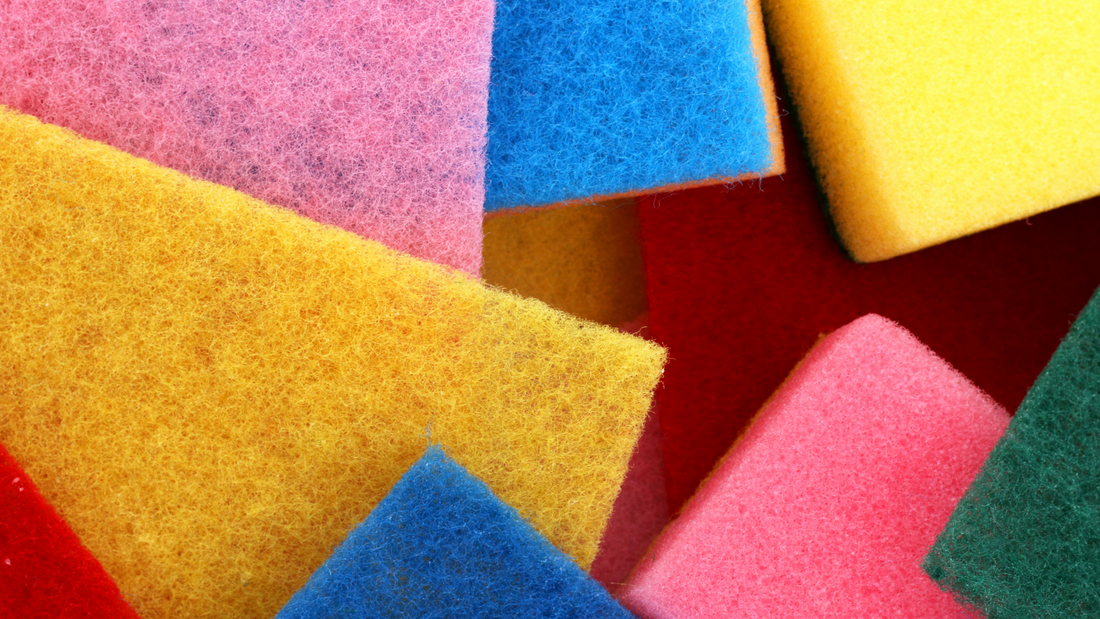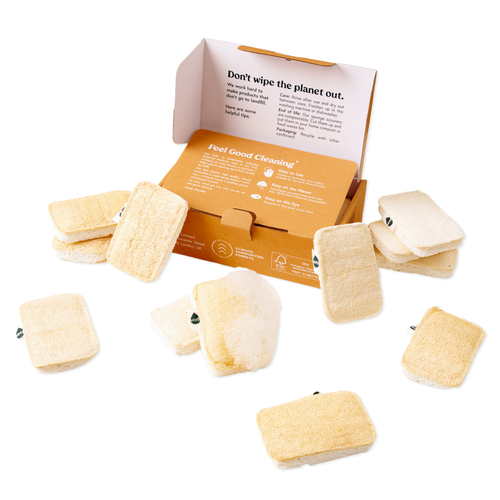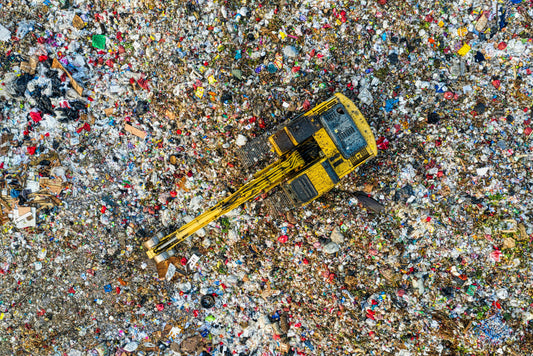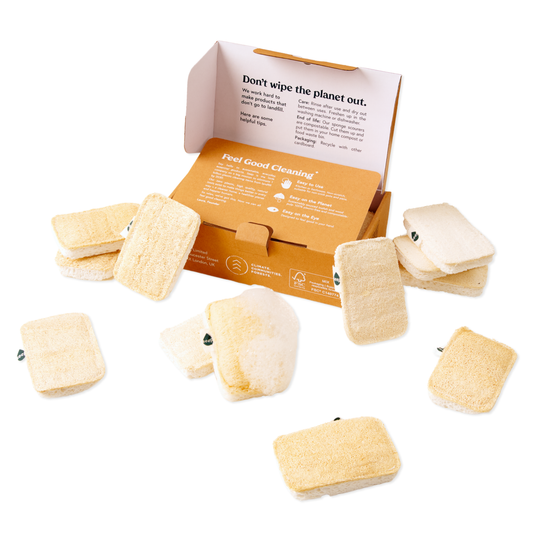
Wait - kitchen sponges aren't plastic-free? You’ve stopped buying plastic bottles, you’ve invested in a coffee keep cup. You’ve bought tablet-based cleaning sprays and banned scrubs with microbeads from your home. You’ve even invested in some metal straws after seeing the video of that turtle with a plastic straw stuck up its nose.
However, there is one simple swap you can make alongside all of these - the kitchen sponge. 'What are kitchen sponges made of' you might ask. Those innocent sponges you use to keep your house looking in tip-top shape are, unfortunately, probably made of virgin plastic and can’t be recycled. While they are not single-use, they are limited-use and are thrown away very regularly. They are just so cheap!

We ran a survey here at Seep and found that on average people in the UK change their sponges at least once every month, with some changing them after every use. Based on our quick maths, this roughly works out to around 600 million sponges being thrown away in the UK each year and that’s only from domestic use. So, imagine that being repeated across lots of different countries and in businesses too. That’s a whole lot of kitchen sponges!
What are kitchen sponges made of
Common sponges found in the supermarket are made with polyurethane, a petroleum-based material. This means, along with releasing microplastics into the environment, those innocent-looking sponges are made from oil-based plastics too. Yuck! These types of sponges can’t be recycled so it means when you throw them away they will pollute our oceans for years and years to come, ultimately making their way into our food and water.
The ingredient list gets seemingly worse in that sponges that promise antibacterial benefits are usually treated with toxic chemicals like triclosan, a pesticide that’s been linked to cancer and skin irritation. This chemical is also toxic to most marine life and wreaks havoc on the environment.
How do you find alternatives
Luckily, there are heaps of natural and plastic-free alternatives to sponges. Using materials like loofah, cellulose, and wood pulp, amongst others means you can finally stop buying the nasty, plastic-filled ones we all know.
But wait? What exactly IS loofah (sometimes referred to as luffa?). Contrary to popular belief all-natural loofah is not made from sea sponge or dried coral. It is made from a cucumber-shaped plant found in tropical climates

Here are 6 reasons why Seep's eco sponge is a better choice:
- It's plastic-free: A study shows that every minute 1,000 sponges are binned. The problem is that traditional sponges are made from virgin plastic, and when they get bobbly they release microplastics into the water systems. Seep's sponge is completely free of plastic — it's made from cellulose wood pulp and loofah fiber.
- It's compostable: Traditional sponges can take hundreds of years to decompose, or even never fully decompose at all. Our sponge decomposes in 2-4 months! You can compost it yourself by cutting up the sponge (to speed up composting) and placing it in your home compost bin, or pop it in your household waste knowing you haven't generated plastic waste.
- It lasts longer: Feedback from customers has proven that our sponge lasts longer than yellow sponges. Depending on the usage, the latter ones last up to 3 weeks, while our sponge can last 4-7 weeks.
- It's washable: When your yellow sponge gets dirty, it's time to throw it away. When our sponge gets dirty, it can be washed in the washing machine or dishwasher and be reused.
- It retains more washing-up liquid. We have tested covering both a traditional sponge and our sponge with an equal amount of washing-up liquid. On the first squeeze, both showed normal foaming. We left them to sit for a few minutes and, when we squeezed them again, the traditional sponge didn't have any washing-up liquid in it anymore, while our sponge showed the same result as the first squeeze. Ultimately, our sponge reduces washing up liquid waste!
- It looks nicer: The colour and overall design of our sponge offer a nice, premium touch to any sink or countertop.
In the end, by swapping to our eco sponge, you're helping the planet and your wallet.







